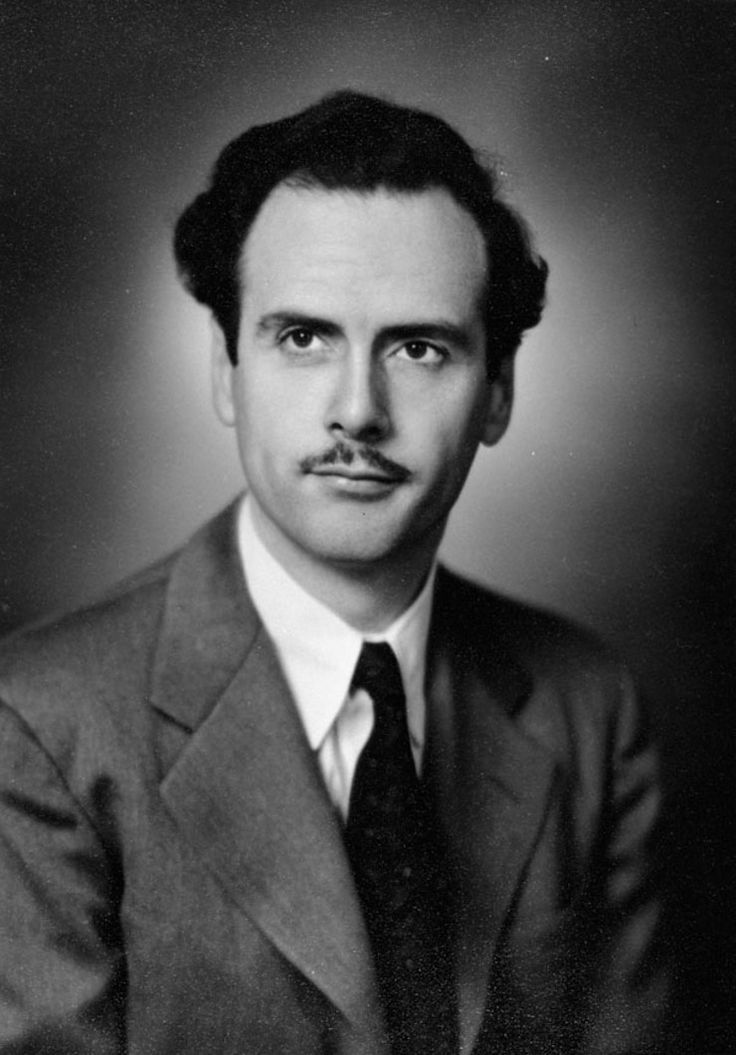What is level 5 communication — and why is it important?
In this article, you’ll get a brief explanation of how algorithms are sorting away mediocre communication and good communication.
I’ve been advising clients on content strategies for over a decade. In short: What used to work doesn’t work anymore.
Today, you have to go big or go home.
Here’s why:
Digital is Evolving at Light Speed
“Social media is dividing us,” critics claim.
We live in the age of algorithms, and even the laggards are starting to catch on. We battle many unexpected issues, from online activists to journalists hiding behind paywalls.
One of many outcomes is the rapid professionalization of the Internet, i.e. the Money Web content creators are pushing the limits of fast and agile productions with polished results. The competition is more challenging than ever.
While most brands will struggle to keep up with influencers and social media naturals, the idea has always been that brands can produce valuable content.
However, it seems like good social media content won’t cut it anymore.
What’s happening?
Is Your Communication Good Enough?
Imagine your communication activities grouped into five levels based on PR quality.

Most would agree that it’s reasonable for algorithms to sort away lousy, harmful, or even average content activities.
But today, the algorithms are also sorting away good communication.

We know that competing for attention is constantly getting more demanding. For professional communicators, it’s not getting any easier.
Gatekeepers are Slaves to Algorithms, Too
One might argue that the algorithms aren’t in complete control — at least not yet. There are still powerful gatekeepers yielding their influence across huge audiences.
However, the power of these gatekeepers stems from their ability to negotiate the algorithms.
Journalists are learning what will drive clicks and social sharing.
Influencers are learning what will entertain their audiences.
Site owners are learning what will attract traffic and convert.
These gatekeepers act like Pavlovian dogs, conditioned by the algorithms. Gatekeepers influence user behaviour; behaviours influence the algorithms, and the algorithms exploit gatekeepers. And around we go.
Love them or hate them, embrace them or fear them. Algorithms are the backbone of the digital media landscape.
Or, as Marshall McLuhan stated, “the medium is the message.”
Marshall McLuhan: “The Medium is the Message”
“The medium is the message” is a phrase coined by the Canadian philosopher Marshall McLuhan in the first chapter of his notable book “Understanding Media: The Extensions of Man.” 1Understanding Media. (2023, September 18). In Wikipedia. https://en.wikipedia.org/wiki/Understanding_Media

Despite being one of the most influential thinkers in media theory, McLuhan’s ideas are often widely misunderstood. “The medium is the message” is no exception.
“The medium is the message” doesn’t imply that content or substance lacks importance; it only implies that the medium in which messages are sent will significantly impact humanity.
McLuhan viewed human technologies as extensions of our human physiology. Our ability to build houses extends our human skin, as it protects against the elements. This added layer of protection and physical safety frees up mental bandwidth for human interaction.
In McLuhan’s interpretation, a house is a medium. All human technologies, down to the campfire, are considered mediums.
“McLuhan’s insight was that a medium affects the society in which it plays a role not by the content delivered over the medium, but by the characteristics of the medium itself. […] McLuhan pointed to the light bulb as a clear demonstration of this concept. A light bulb does not have content in the way that a newspaper has articles or a television has programs, yet it is a medium that has a social effect; that is, a light bulb enables people to create spaces during nighttime that would otherwise be enveloped by darkness.”
Source: Wikipedia 2Marshall McLuhan. (2023, May 15). In Wikipedia. https://en.wikipedia.org/wiki/Marshall_McLuhan
McLuhan argued that our ability to create technological extensions of our human abilities fundamentally impacts our society — far more than any single message conveyed via the new technology.
For example:
And so on.
Why is McLuhan’s analysis necessary?
“The medium is the message” is a stark reminder that a medium’s format (and limitations) will massively impact human society — and the messages themselves, too.
Holistically, a new technological medium will impact humanity significantly more than any single message transmitted through that medium. But Marshall McLuhan said it better, “The medium is the message.”
We often default to seeking meaning in messages but forget to consider the medium’s inherent media logic.
Learn more: Media Logic is Dead, Long Live Media Logic
And we, as PR professionals, must change the way we prioritize.
New PR Rules, New PR Strategies
Today, we need strategies based on what’s rapidly becoming the most valuable commodity in the world — attention.
We must adapt because the algorithms dictate the rules we get to play by. We need to go bigger.
The PR profession must invent new playbooks.
Because we know it works to pick an epic fight with a stupid majority.
Because Content Themes work.
Because Surround Strategy works.
Because Iceberg Publishing works.
All are big, ambitious, bold, yet focused PR strategies.
Go For Level 5 Content — or Go Home
The key takeaway isn’t that excellent communication works better than good communication. We already knew that.
The critical point is that good content will steal resources from great content — whatever that may entail in your niche. To paraphrase business author Jim Collins, “good can be the enemy of great.”
In the age of algorithms, the winners take all — or at least most of it. Traffic. Conversions. Engagement. Share of voice. Attention.
We must be laser-focused on what PR objectives we pursue. And we must abandon everything that doesn’t qualify as Level 5 Content.
If this means producing less good content to make the occasional great content — so be it.


Spin Doctor, Spin Factory
Annotations
| 1 | Understanding Media. (2023, September 18). In Wikipedia. https://en.wikipedia.org/wiki/Understanding_Media |
|---|---|
| 2 | Marshall McLuhan. (2023, May 15). In Wikipedia. https://en.wikipedia.org/wiki/Marshall_McLuhan |


